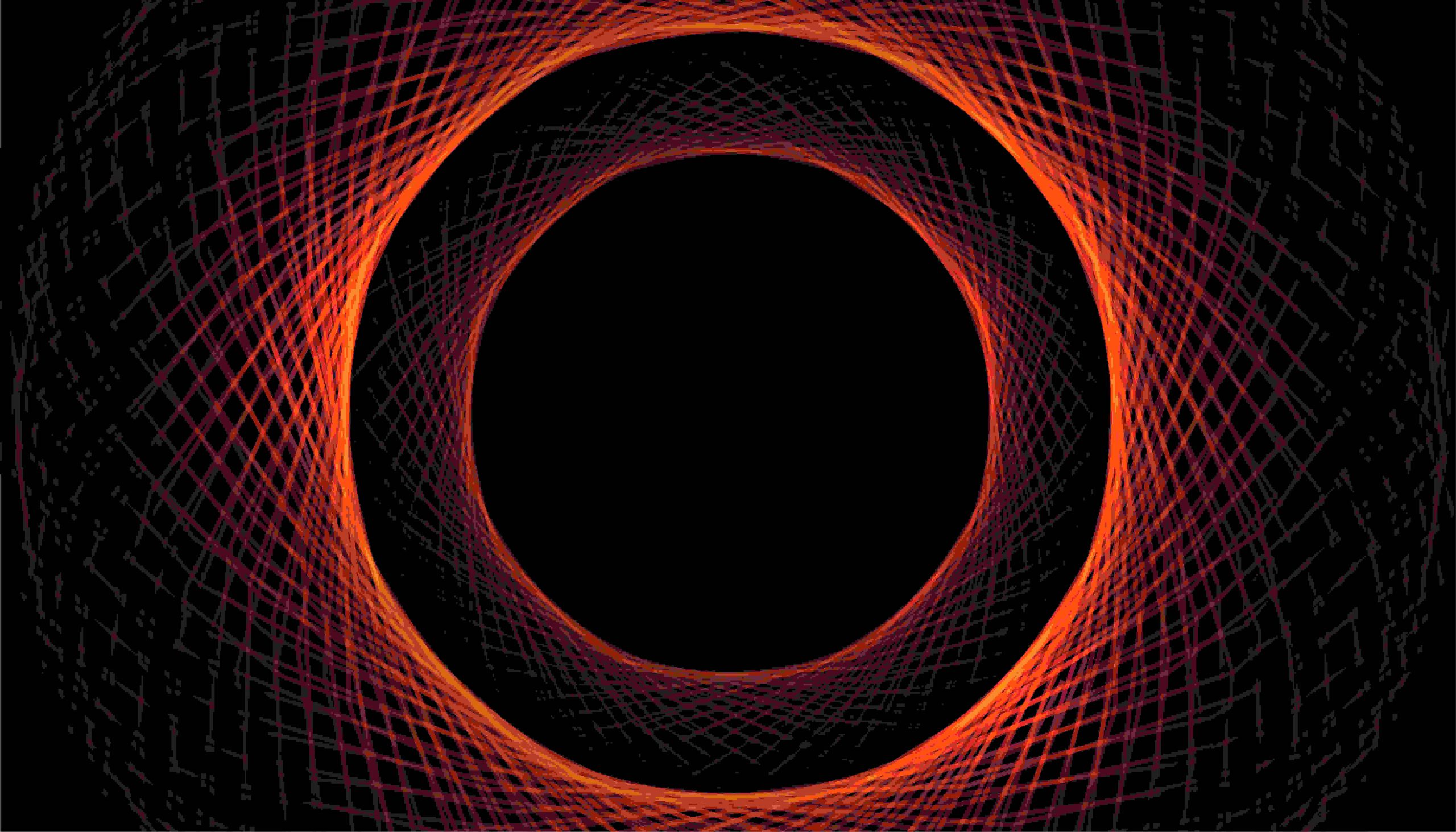

Coding Theory:
Coding theory is the branch of mathematics that studies the properties of codes and their respective fitness for certain applications. It is the foundation of secure communication, including quantum cryptography.
Quantum Computing Hardware:
This involves designing, building, and testing components for quantum computing hardware, such as qubits, Ion Traps, and Single–Photon Sources. –Error Correction Algorithms: Error correction algorithms help prevent quantum bit errors caused by mechanical instability, environmental noise, and other sources.
Quantum Machine Learning:
Quantum machine learning is a subfield of machine learning that focuses on developing algorithms that use quantum computing to create models and learn from data.
Quantum Optimization:
Quantum optimization is the process of finding the best solution to a problem that is too complex or expensive to solve with a classical computer.
Quantum Communications:
Quantum communications involve using quantum information to send messages securely and reliably over long distances. –Quantum Algorithms: Quantum algorithms are special algorithms designed to solve problems in quantum computing that would be intractable for classical computers.
Quantum Sensing:
Quantum sensing involves using quantum mechanics to measure physical quantities such as temperature, pressure, or magnetic fields.
Qubit Fabrication:
This event looks at ways to fabricate qubits, the building blocks of quantum computers. It may cover topics such as ion–trap designs, NV centers in diamond, and superconducting qubits.
Error Correction:
This event focuses on methods to detect and correct errors in quantum computing. It may discuss topics such as fault–tolerant quantum circuits, encoding schemes, and quantum coding theory.
Topological Quantum Computing:
This event discusses topics related to topological quantum computation, a promising approach to developing physical systems that perform quantum computations. It may cover topics such as anyons, qubits, and quantum circuit design.
Quantum Information Theory:
This event examines the mathematical tools used in quantum information theory. It may cover topics such as entanglement, quantum information and communication, and quantum error correction..
Quantum Interactions:
This event deals with physical systems that interact at the quantum level. It may discuss topics such as quantum optical systems, spin qubits, and cavity QED.
Copyright @2023. Quantum Bit Designs . All Rights Reserved .